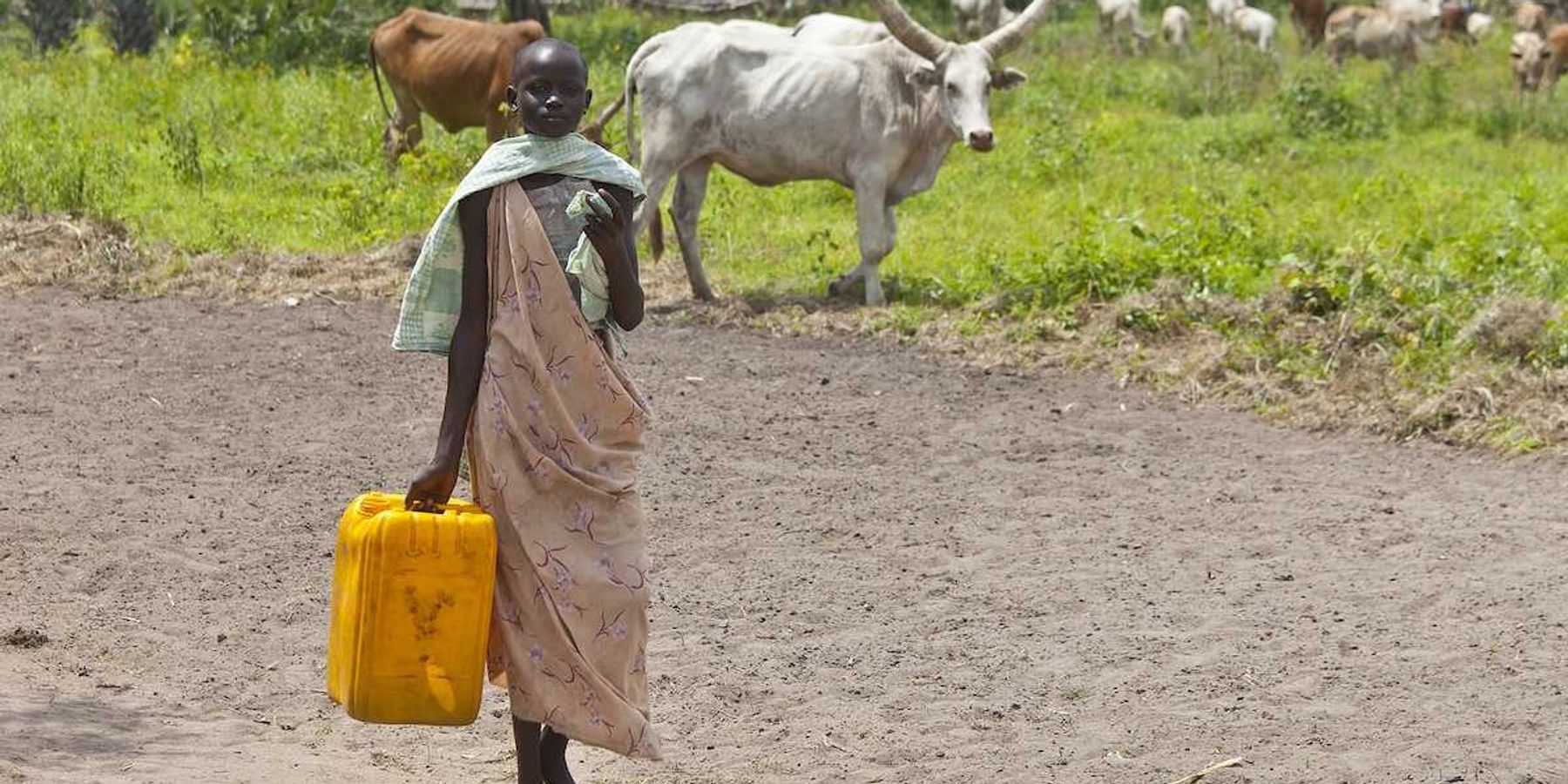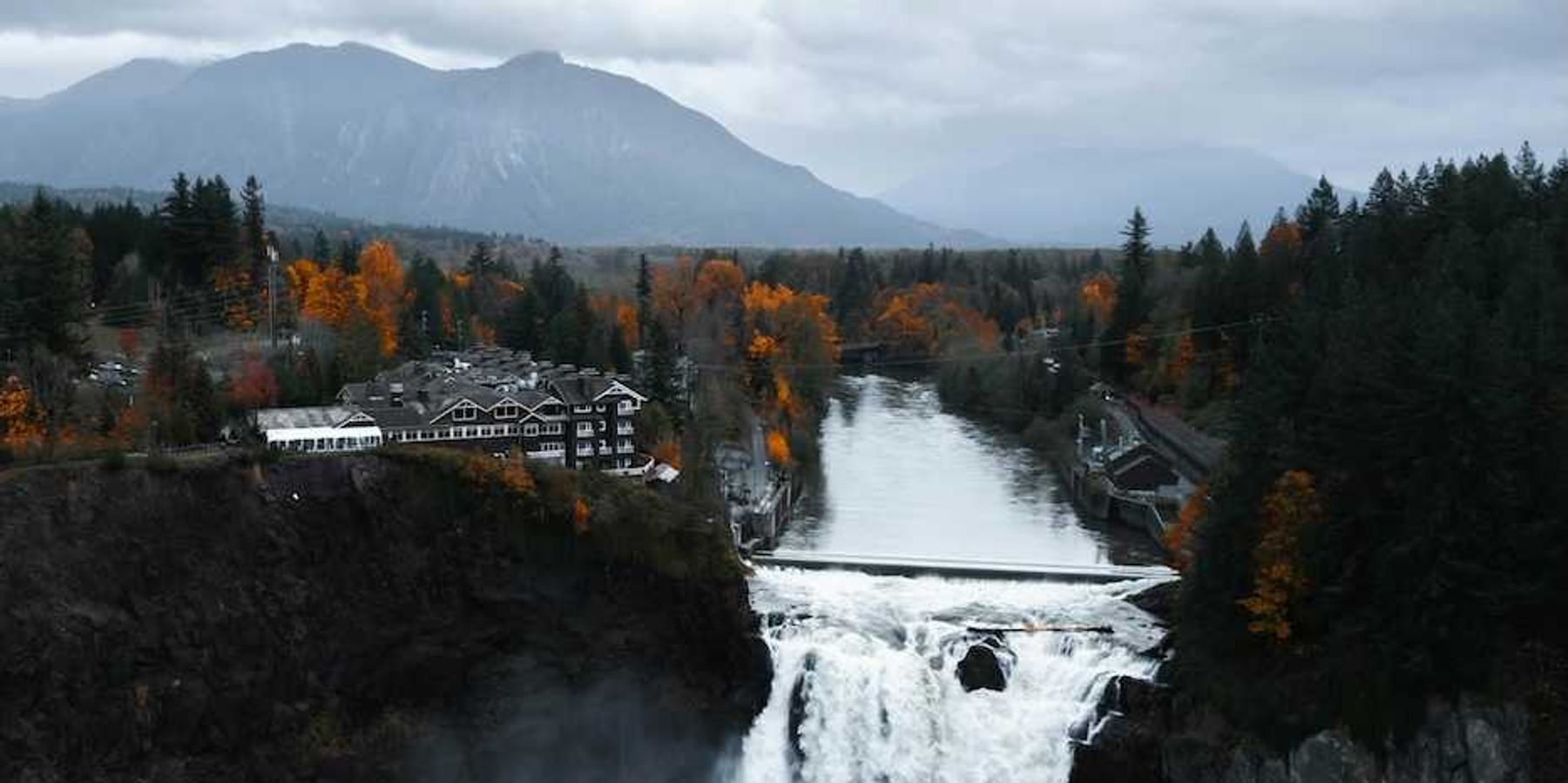freshwater
Freshwater supplies dwindling due to human activity, studies find
Two significant studies reveal how human demand and technological advancements are rapidly depleting the planet's freshwater resources.
In short:
- Human activities, including damming, deforestation, and irrigation, are altering the global water cycle, impacting soil moisture and streamflow.
- Groundwater in 71% of the world's aquifers is declining, accelerated by climate change and increased extraction for agriculture and consumption.
- Efforts to conserve water often result in increased consumption elsewhere, exacerbating the crisis.
Key quote:
The technosphere respects no limits and unlike previous civilizations holds nothing sacred — not even a mountain watershed.
— Andrew Nikiforuk, The Tyee
Why this matters:
As freshwater resources dwindle, there's a direct impact on food and water security globally, necessitating sustainable practices in the face of escalating environmental challenges. The planet is losing free-flowing rivers. This is a problem.
Europe moves to free its rivers by tearing down old dams
European countries are increasingly dismantling outdated dams to restore river ecosystems, highlighting the benefits for local biodiversity and communities.
In short:
- The dismantling of Finland's Kangaskoski dam and others has led to the return of salmon and other species, marking a significant ecological recovery.
- The decision to remove these dams came after recognizing their unprofitability and environmental impact, with the movement gaining momentum across Europe.
- Efforts in river restoration, including dam removal, have shown immediate benefits for wildlife and have revitalized local communities by improving water quality and tourism.
Key quote:
"When I saw how the site looked after the dam removal, I actually had tears in my eyes."
— Pauliina Louhi, ecologist at Natural Resources Institute Finland
Why this matters:
Restoring river flow improves biodiversity, which in turn benefits communities relying on these natural resources. Removing dams can help to revive fish populations, particularly migratory species like salmon and trout, which rely on unobstructed rivers to complete their life cycles. Dams hinder these vital migrations, leading to declines in fish stocks and the health of aquatic ecosystems.
A 2019 study found that a little more than one-third of the longest rivers on the planet remain unobstructed by human-made changes such as dams.
What Nasa satellites say about Bangladesh’s climate
Among the 48 deltas worldwide, the Bengal delta – of which Bangladesh is a part – is one of the most populous, where climate change and significant human activities have been taking place for the last few decades.
Habitat loss, climate change threaten Bangladesh's native freshwater fishes with extinction
There were at one time more than 300 native freshwater fish species in Bangladesh, but many have disappeared while others are on the verge of extinction due to habitat loss, overfishing, pollution and climate change.
Melting Himalayan glaciers alter water supplies near and far
Satellite images show disappearance of iconic Canadian glacier
The Peyto Glacier in Canada’s Banff National Park has shrunk by around 70 percent over the last half-century, a dramatic change highlighted in newly released satellite imagery from NASA.
A young water advocate paddles to protect the future of the Great Lakes
Waasekom is on a mission to raise awareness about climate change.









